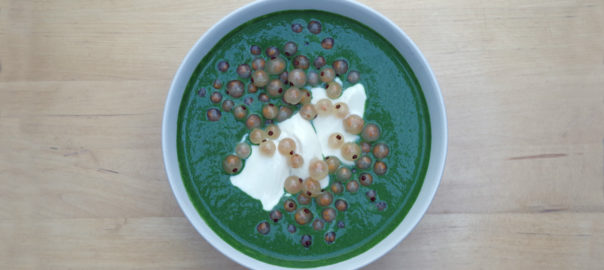The big issue for people considering switching to plant-based food is: will I get enough protein?
Meat, fish and eggs are “easy” sources of protein, which have a relatively high protein content.
But ethically speaking, they are very tricky.
A plant-based diet has everything to provide us with sufficient protein, and is respectful of animals, people and the planet.
Let’s cite a few good sources:
- peas, including soya, peas, and the dozens of varieties of beans and lentils
- nuts and seeds
- cereals (such as wheat, oats, rice, rye, barley, millet, amaranth …)
- pseudocereals (such as quinoa, buckwheat)
- vegetables (yes! Every vegetable contains protein)
- algae and cyanobacteria such as spirulina
- vegetable protein powder (of soy, rice, hemp, pea, pumpkin seed, sunflower seed or combinations thereof)
Anyone who takes a balanced and sufficiently varied plant diet will under no circumstances suffer from a protein deficiency.
And what about active sports and power training ?
But if you’re a strength athlete, or like me, have stepped into a fat loss challenge, along with purebred meat eaters and omnivores ? A challenge that expects you to eat almost twice as much protein as normal ? Up to more than 150 grams a day ?
How about that ?
Can you do that?
Can you provide meals and snacks that contain much more protein and at the same time keep your fats and carbohydrates under control?
Yes, it’s possible.
Let’s be honest: you’ll also need an addition of vegetable protein powder.
But that’s the same for meat and fish eaters. They only use concentrated milk protein, also called whey.
Here is an example of a vegetable “protein bomb”, which I prepared as a separate meal. With lots of greens, so also rich in vitamins and minerals.
These are the ingredients for the smoothie:
- 200 gr peas
- 70 gr spinach
- 25 gr mixed vegetable protein powder of hemp, pumpkin and sunflower
- 3 gr spirulina (about 1 teaspoon)
- 3 gr chlorella (about 1 teaspoon)
- about a tablespoon of peanut butter
- 150 ml of unsweetened calcium-fortified soy milk
This was for the topping:
- 70 gr fresh white or red currants
- 100 gr soybean cottage cheese alternative (Provamel or Alpro)
Energy and macros
This one nutritious and filling meal with a total of almost 600 kcal contains no less than 49 grams of vegetable protein.
That’s a bunch!
The vegetable protein powder accounts for 14.6 grams of that. The rest comes from the other ingredients.

You could also use the same combination in smaller quantities as a nutritious “post-workout” snack.
Plant Power
I was relieved.
Yes, this kind of special diet for sports or fat loss it is also feasible with only vegetable ingredients.
It’s time we built a society on the power of plants instead of the misery of animals. Don’t you think so?

